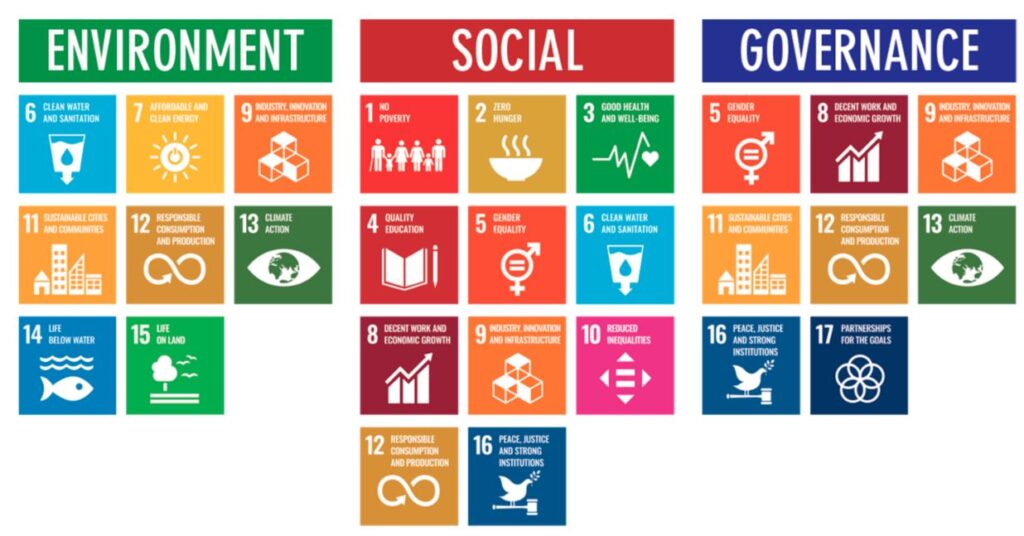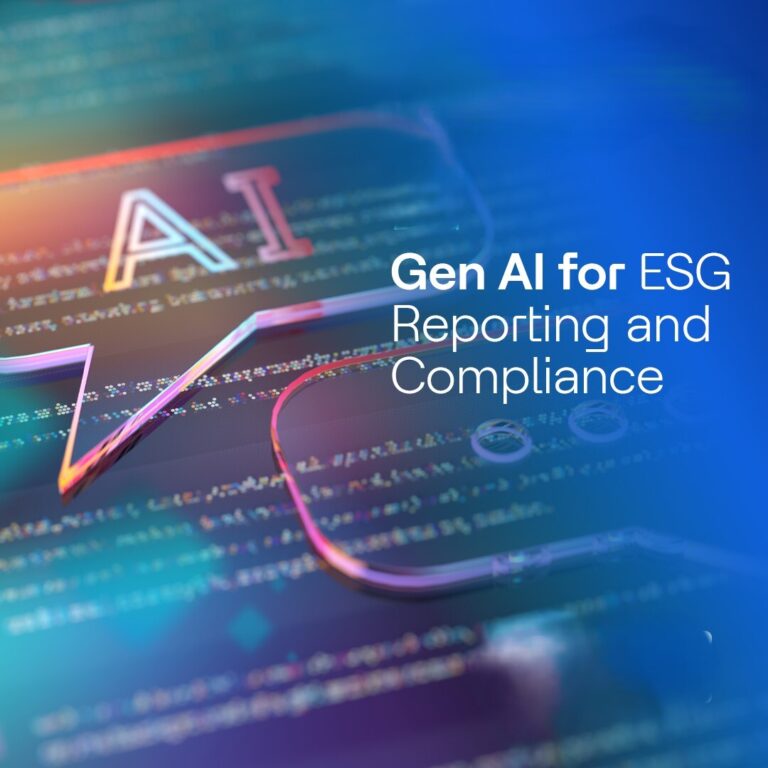Environmental, social, and governance (ESG) reporting has become an essential aspect of corporate transparency and accountability. The ESG framework provides a comprehensive set of metrics that businesses can use to evaluate and report on their environmental, social, and governance impact to customers, employees, and investors.
The ESG reporting framework includes three main categories: environmental, social, and governance. Let’s take a closer look at each of these categories:
- Environmental: This category includes metrics related to a company’s impact on the environment. These metrics may include greenhouse gas emissions, energy consumption, water usage, waste management, and other environmental factors.
- Social: This category includes metrics related to a company’s impact on society. These metrics may include labor practices, human rights, diversity and inclusion, community engagement, and other social factors.
- Governance: This category includes metrics related to a company’s management and governance practices. These metrics may include board composition, executive compensation, ethics and compliance, risk management, and other governance factors.
The ESG reporting framework provides a standardized set of metrics for companies to report on their environmental, social, and governance impact. The framework is designed to help companies identify areas where they can improve their sustainability and responsible business practices. By using this framework, companies can benchmark their ESG performance against industry peers and best practices.

There are several reporting frameworks available for ESG reporting, including the Global Reporting Initiative (GRI), the Sustainability Accounting Standards Board (SASB), and the Task Force on Climate-related Financial Disclosures (TCFD). Each of these frameworks provides guidance on specific ESG metrics and reporting requirements.
In conclusion, the ESG reporting framework provides a standardized set of metrics for companies to report on their environmental, social, and governance impact. ESG reporting is an essential aspect of corporate transparency and accountability, and it can help companies demonstrate their commitment to sustainability and responsible business practices to stakeholders. By using this framework, companies can benchmark their ESG performance against industry peers and best practices, and attract socially responsible investors who prioritize sustainability and responsible business practices.










